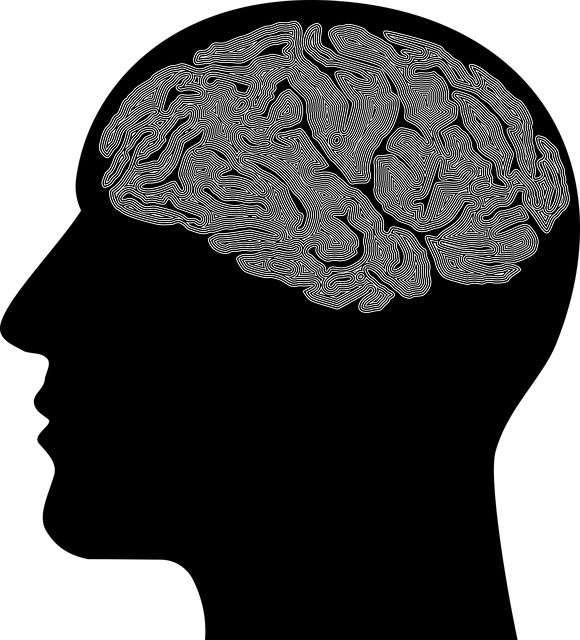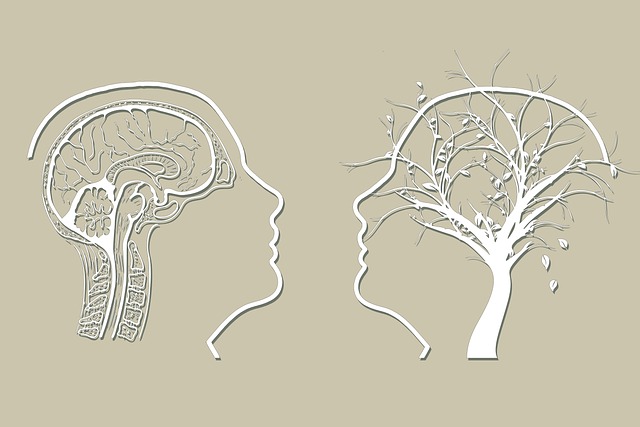Mental health professionals face challenges in diagnosing conditions like depression and anxiety due to overlapping symptoms across disorders and cultural differences. Centennial Anxiety Therapy offers a game-changing approach by emphasizing culturally sensitive practices, stress management techniques, and resilience-building exercises. This method encourages accurate expression of experiences, leading to precise assessments and improved patient outcomes. By integrating Centennial Anxiety Therapy and promoting mental illness stigma reduction, the therapy supports evidence-based policies for better access to quality care. Advanced techniques like emotional regulation skills development and proactive depression prevention enhance diagnosis accuracy, contributing to effective long-term treatment and enhanced quality of life.
Mental illness diagnosis accuracy is a critical aspect of patient care, yet challenges remain. This article explores efforts to enhance diagnostic reliability, focusing on understanding the complexities of mental health assessment and highlighting innovative solutions. We delve into the role of Centennial Anxiety Therapy as a game-changer in improving diagnosis accuracy. Additionally, we discuss recent approaches that promise substantial impact, along with future directions, emphasizing the importance of precise mental illness identification for effective treatment.
- Understanding Diagnostic Challenges in Mental Health
- The Role of Centennial Anxiety Therapy in Enhancing Accuracy
- Innovative Approaches to Improve Diagnosis Reliability
- Impact and Future Directions for Accurate Mental Illness Diagnosis
Understanding Diagnostic Challenges in Mental Health

Mental health professionals face a complex landscape when diagnosing individuals with mental illnesses. One significant challenge is the diverse and often overlapping nature of symptoms across various disorders, such as depression, anxiety, and trauma-related conditions. For instance, a person experiencing intense fear and avoidance, which could indicate anxiety, may also display depressive symptoms, making it difficult to pinpoint the primary diagnosis. This complexity requires therapists and clinicians to employ meticulous assessment techniques, delving into an individual’s history, current experiences, and behaviors to gather a comprehensive understanding.
Additionally, cultural factors play a pivotal role in mental health diagnosis. What may manifest as a symptom in one culture could be interpreted differently in another, potentially leading to misdiagnosis or missed opportunities for tailored treatment. Therefore, therapists like those at Centennial Anxiety Therapy emphasize the importance of culturally sensitive practices, incorporating stress management techniques and resilience-building exercises that resonate with diverse populations. Compassion cultivation practices have also proven effective in fostering a supportive therapeutic environment, enhancing the accuracy of diagnoses and ultimately improving patient outcomes.
The Role of Centennial Anxiety Therapy in Enhancing Accuracy

Centennial Anxiety Therapy plays a pivotal role in enhancing the accuracy of mental illness diagnoses. By focusing on the intricate relationship between anxiety and various mental health conditions, this therapeutic approach helps professionals uncover underlying causes more effectively. Through tailored communication strategies, therapists can facilitate open dialogue with individuals seeking help, encouraging them to articulate their experiences accurately. This two-way interaction, combined with a deep understanding of anxiety’s multifaceted nature, leads to more precise assessments.
Furthermore, integrating Centennial Anxiety Therapy into mental health practices contributes to broader Mental Illness Stigma Reduction Efforts. As awareness increases and the focus shifts from misconception to comprehension, society can foster better support systems. Informed communities drive evidence-based Mental Health Policy Analysis and Advocacy, ultimately pushing for improved access to quality care and reducing the impact of stigma on individuals facing anxiety disorders and other mental health challenges.
Innovative Approaches to Improve Diagnosis Reliability

In recent years, innovative approaches have emerged to enhance the reliability of mental illness diagnoses. One such game-changer is Centennial Anxiety Therapy, which focuses on evidence-based techniques to address anxiety disorders effectively. This therapy goes beyond traditional methods by integrating resilience-building strategies into treatment plans, empowering individuals to manage their symptoms over the long term. By fostering emotional regulation skills, patients are equipped to navigate stressful situations with greater ease and confidence.
Additionally, the incorporation of depression prevention measures within diagnostic processes has gained traction. These initiatives aim to identify at-risk individuals early on and provide them with proactive interventions. Such preventive strategies not only improve diagnosis accuracy but also contribute to better overall mental health outcomes by addressing potential issues before they escalate. This holistic approach ensures that patients receive tailored support, promoting effective recovery and enhanced quality of life.
Impact and Future Directions for Accurate Mental Illness Diagnosis

The quest for accurate mental illness diagnosis is a dynamic field, constantly evolving with new research and advancements in understanding human behavior and psychology. This pursuit is paramount as an accurate diagnosis serves as the cornerstone for effective treatment planning. Overlooking or misinterpreting symptoms can lead to delayed or inappropriate care, negatively impacting patient outcomes. The journey towards precision has seen significant strides, particularly in identifying complex conditions like Centennial Anxiety Therapy, where modern therapeutic approaches are tailored to address unique challenges.
Looking ahead, the future of mental illness diagnosis holds promise through enhanced tools and techniques. Integrating emotional intelligence into practice can improve clinical judgment by recognizing subtle cues and patterns. Furthermore, risk management planning for mental health professionals is crucial to ensure they stay abreast of emerging research and guidelines. Public awareness campaigns development plays a pivotal role in destigmatizing mental health issues, encouraging early intervention, and fostering communities that support open conversations about emotional well-being.
Mental illness diagnosis accuracy has seen significant advancements thanks to a better understanding of complex challenges and innovative approaches like Centennial Anxiety Therapy. By integrating advanced therapeutic techniques, we can enhance reliability and improve patient outcomes. Future research should continue exploring these strategies to ensure more precise and effective mental health diagnoses.
